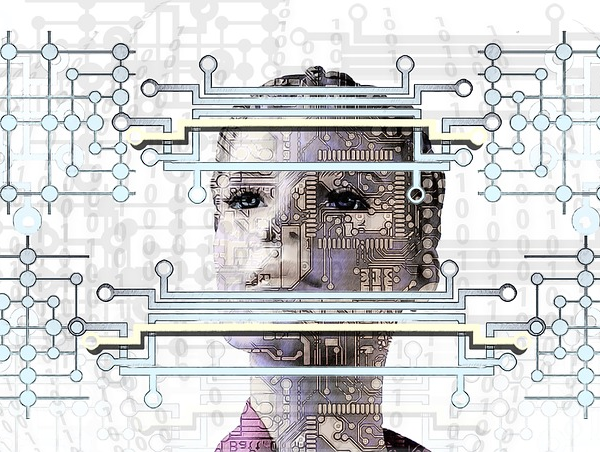The machines are coming for your crops—at least in a few fields in America. This autumn John Deere, a tractor-maker, shipped its first fleet of fully self-driving machines to farmers. The tilling tractors are equipped with six cameras which use artificial intelligence (ai) to recognise obstacles and manoeuvre out of the way. Julian Sanchez, who runs the firm’s emerging-technology unit, estimates that about half the vehicles John Deere sells have some AI capabilities. That includes systems which use onboard cameras to detect weeds among the crops and then spray pesticides, and combine harvesters which automatically alter their own setting to waste as little grain as possible. Mr Sanchez says that for a medium-sized farm, the additional cost of buying an AI-enhanced tractor is recouped in two to three years.
For decades starry-eyed technologists have claimed that AI will upend the business world, creating enormous benefits for firms and customers. John Deere is not the only proof that this is happening at last. A survey by McKinsey, a consultancy, found that this year 50% of firms across the world had tried to use AI in some way, up from 20% in 2017. Powerful new “foundation” models are fast moving from the lab to the real world. Chatgpt, a new ai tool that has recently been released for public testing, is making waves for its ability to craft clever jokes and explain scientific concepts. But excitement is also palpable among corporate users of AI, its developers and those developers’ venture-capital backers. Many of them attended a week-long jamboree hosted in Las Vegas by Amazon Web Services, the tech giant’s cloud-computing arm. The event, which ended on December 2nd, was packed with talks and workshops on ai. Among the busiest booths in the exhibition hall were those of AI firms such as Dataiku and Blackbook.ai.
The buzzing AI scene is an exception to the downbeat mood across techdom, which is in the midst of a deep slump. In 2022 venture capitalists have ploughed $67bn into firms that claim to specialise in AI, according to PitchBook, a data firm. The share of vc deals globally involving such startups has ticked up since mid-2021, to 15% so far this quarter (see chart 1). Between January and October, 28 new AI unicorns (private startups valued at $1bn or more) have been minted. Microsoft is said to be in talks to increase its stake in OpenAI, a builder of foundation models and Chatgpt’s provider. Alphabet, Google’s parent company, is reportedly planning to invest $200m in Cohere, a rival to OpenAI. At least 22 AI startups have been launched by alumni of OpenAI and Deepmind, one of Alphabet’s AI labs, according to a report by Ian Hogarth and Nathan Benaich, two British entrepreneurs.
The exuberance is not confined to Silicon Valley. Big firms of all sorts are desperate for AI talent. In the past 12 months large American firms in the S&P 500 index have acquired 52 AI startups, compared with 24 purchases in 2017, according to PitchBook. PredictLeads, another data provider, notes that the same group of firms posted around 7,000 job ads a …….
